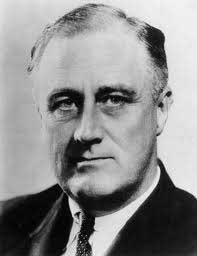September 21: Was Edwards a Presbyterian?
The following brief account concerns the small controversy over the ecclesiastical views of Jonathan Edwards. There is a separate account, to the same conclusion, originally told by Dr. Archibald Alexander…

